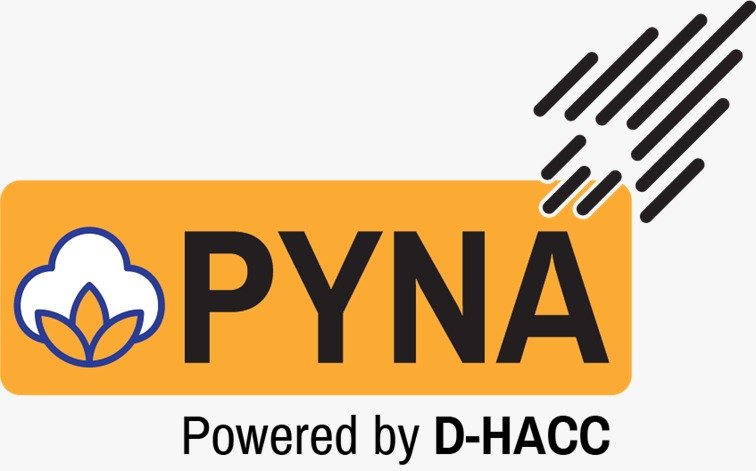Achieving sustainable pulse production requires a synergistic approach: Rajavelu
Rajavelu N.K, CEO, Crop Protection Business, Godrej Agrovet Ltd shared his views on pulses production in India with AgroSpectrum on the occasion of World Pulses Day celebrated on February 10.
“Achieving sustainable pulse production in India requires a synergistic approach that integrates multiple elements of the agricultural ecosystem” said Rajavelu N.K, CEO, Crop Protection Business, Godrej Agrovet Ltd. Speaking with AgroSpectrum on the occasion of World Pulses Day celebrated on February 10 he said “Our focus on crop protection strategies has demonstrated how effective pest and disease management can immediately boost productivity. We’ve seen firsthand that when farmers have access to the right crop protection solutions, coupled with proper application guidance, the impact on yield is significant and measurable. Innovation plays a crucial role in this transformation.”
He further noted “At Godrej Agrovet, we have partnered with Farmonaut, through which we’ve successfully mapped and monitored over 100,000 acres of farmer fields using advanced satellite technology. This collaboration enables us to provide farmers with real-time data on crop health, soil organic carbon, and weather forecasts, facilitating informed decision-making and optimised resource utilisation. However, the private sector’s efforts need to be complemented by strong government support. Strategic investments in MSP procurement mechanisms, warehousing infrastructure, and modern storage facilities are essential for enhancing market stability. Additionally, policy interventions ensuring price stability, coupled with targeted incentives for pulse cultivation and sustained investments in research and development, are vital for creating a robust pulse production ecosystem.”
Talking about low productivity, he said “The slow adoption of high-yielding, drought-resistant varieties, coupled with significant crop losses due to pests like pod borer and diseases such as Fusarium wilt, poses persistent challenges. Limited access to quality inputs, including seeds, fertilisers, and micronutrients, further constrains productivity.”
It may be noted that the United Nations General Assembly has designated February 10 as World Pulses Day to recognise the importance of pulse crops like chickpeas, dry beans and lentils as a global food. Pulses are the edible seeds of leguminous plants cultivated for both food and feed. Beans, chickpeas and peas are the most well-known and commonly consumed types of pulses, but there are several more types of pulses from around the world, all with great benefits for food security, nutrition, health, climate change and biodiversity. The Day provides an opportunity to raise awareness about the nutritional benefits of pulses as part of sustainable food production with the aim of enhancing food security and nutrition. In 2025, the theme for World Pulses Day is “Pulses: Bringing diversity to agrifood systems” while the slogan is “Love pulses for a healthy diet and planet”. This year’s theme will underscore the vital role of pulses in promoting diversity – both above and below the ground.
Rajavelu N.K, CEO, Crop Protection Business, Godrej




